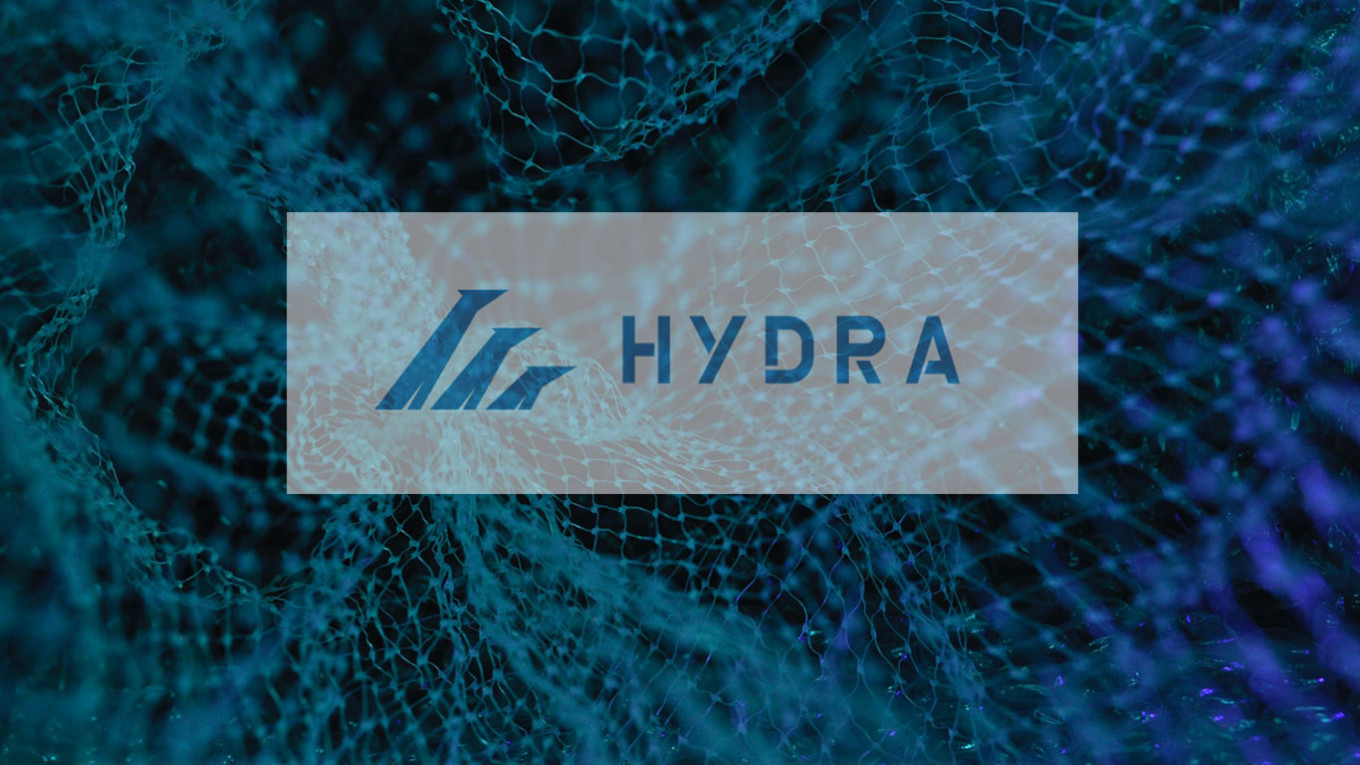German authorities have shut down Hydra, the Russian-language service believed to be the world’s largest illegal darknet marketplace.
Germany’s Federal Criminal Police Office (BKA) said Tuesday that it seized Hydra’s bitcoin assets worth 23 million euros ($25 million) in addition to shutting down its marketplace and taking control of its Germany-based servers.
Founded in 2015, Hydra sold illegal drugs but also stolen credit card data, counterfeit currency and fake identity documents, masking the identities of those involved using the Tor encryption network.
Users could anonymously purchase drugs that would be delivered through a vast network of “operators.” Oftentimes, a drug “package” (or “zakladka” in Russian) would be hidden in public locations such as behind a dumpster or under a loose stone, where the purchaser would pick them up.
Hydra’s annual revenues amounted to at least 1.23 billion euros ($1.34 billion) in 2020 and it had an estimated 17 million customer accounts and 19,000 vendor accounts, the BKA said.
Investigators do not know whether Hydra also has servers in other countries but "assume this was the main hub" of the network's infrastructure, a spokesman for Frankfurt prosecution service's internet crime office ZIT told AFP.
Some experts speculate that Hydra could soon return despite Germany's action, restoring access to drugs and other illegal goods and services to its clients.
“It is not that hard to do – restore Hydra. The software could be uploaded to another internet source, with better safety measures,” Igor Bederov, founder of the Russian Internet-Rozysk cybersecurity firm, told The Moscow Times.
Hydra’s admins are already claiming that the marketplace will be back soon, Bederov said.
According to Bederov, Hydra did not change where or how drugs were coming into Russia; it mainly opened the market to a larger number of clients.
“Hydra doesn’t produce drugs or purchase drugs,” Bederov said. “It just distributes them. It stimulates purchasing power.”
While the BKA said suspects are being investigated for "operating criminal trading platforms on the internet on a commercial basis," Bederov said that some of Hydra’s admins and developers are in Russia, putting them out of the reach of German law enforcement.
Investigations into the illegal marketplace started in August 2021 and also involved several U.S. authorities, according to the BKA.
Russian authorities had also been investigating Hydra since it was founded, Bederov said, but their efforts were fruitless.
“But, as we can see, that investigation did not deliver any results, except for giving a few villas and expensive cars to some of the officials,” Bederov said. “In the past eight years, nothing was done to stop Hydra. We know who sponsored the creation of Hydra, we know the programmers, we know about the offline events that were held a few years ago to bring drug addicts to this new platform.”
While Bederov says Hydra tried to stay out of politics since its founding, the network took a stance following Russia’s invasion of Ukraine by making it harder for users in Russia and Belarus to trade.
“The platform announced new trade rules about a week ago,” Bederov said. “Anyone can start a shop on Hydra for free now, except for users in Russia and Belarus.”
AFP contributed reporting.
A Message from The Moscow Times:
Dear readers,
We are facing unprecedented challenges. Russia's Prosecutor General's Office has designated The Moscow Times as an "undesirable" organization, criminalizing our work and putting our staff at risk of prosecution. This follows our earlier unjust labeling as a "foreign agent."
These actions are direct attempts to silence independent journalism in Russia. The authorities claim our work "discredits the decisions of the Russian leadership." We see things differently: we strive to provide accurate, unbiased reporting on Russia.
We, the journalists of The Moscow Times, refuse to be silenced. But to continue our work, we need your help.
Your support, no matter how small, makes a world of difference. If you can, please support us monthly starting from just $2. It's quick to set up, and every contribution makes a significant impact.
By supporting The Moscow Times, you're defending open, independent journalism in the face of repression. Thank you for standing with us.
Remind me later.






